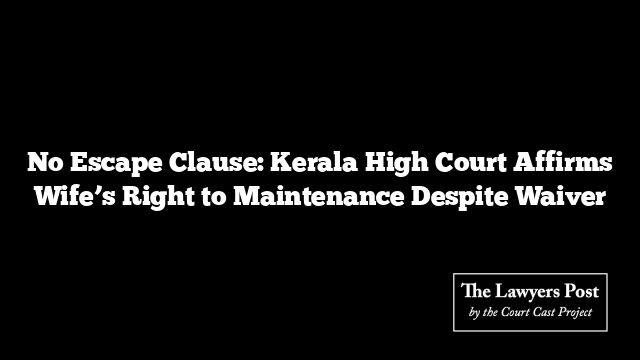In a dramatic turn in the bitter fallout between former MP and Ollywood actor Anubhav Mohanty and his estranged wife, actress Varsha Priyadarshini, a Cuttack court has thrown out Priyadarshini’s domestic violence case, calling it vague, contradictory, and timed suspiciously.
Judicial Magistrate First Class Jaya Ray, who presided over the proceedings, didn’t mince words. After combing through the evidence—or lack thereof—the judge concluded that Priyadarshini’s claims amounted to little more than an emotional reaction to Mohanty’s move to file for divorce. No clear incident, no specific act of cruelty, no dates—just generalized accusations, the court said, stitched together with inconsistencies that ultimately unraveled under cross-examination.
Back in 2020, Priyadarshini had slapped Mohanty with accusations under multiple sections of the Protection of Women from Domestic Violence Act, seeking protection orders, monetary support, and a jaw-dropping ₹13 crore in compensation. She painted a grim picture: mental and physical abuse, deprivation of basic needs, and financial manipulation—allegations that sounded heavy but lacked the hard evidence needed to carry them through a court of law.
The judge pointed to her own admissions during the trial: Priyadarshini conceded that her complaint came only after Mohanty filed for divorce, weakening her credibility. Her cross-examination testimony, riddled with contradictions, only deepened the cracks.
In a particularly sharp observation, the court highlighted the fact that their marriage had never even been consummated—something already established by a prior Orissa High Court ruling—which undercut the very foundation of the domestic violence claims.
Adding to Priyadarshini’s troubles, the court noted she couldn’t produce a shred of proof regarding the ₹20 lakh she alleged Mohanty had withheld from her film earnings. No documents. No tax records. No bank trails.
Financial independence also played a role. Priyadarshini, still a thriving presence in the Ollywood film scene, was deemed more than capable of maintaining herself. Relying on Supreme Court precedents, the court ruled that maintenance isn’t owed to a spouse who can fend for themselves—and Priyadarshini, a qualified and working actress, fit that bill neatly.
Wrapping up, the court didn’t shy away from calling the complaint exactly what it saw it as: an emotional aftershock, not a case grounded in law or fact.





